Use these precautions to guard against tragedy
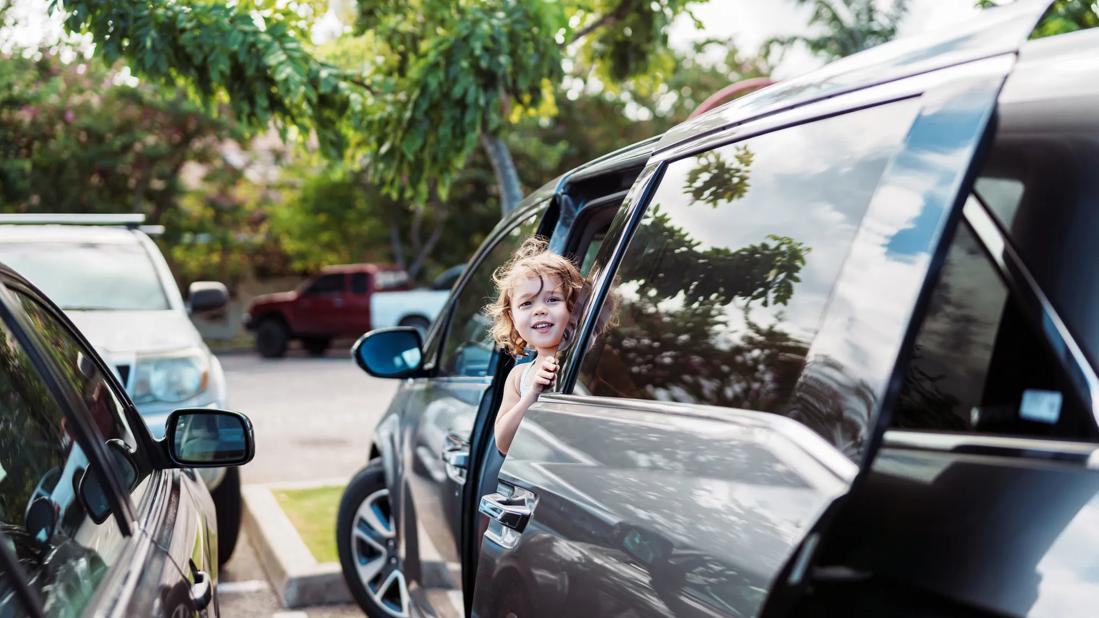
It seems unthinkable, yet the same tragedy keeps happening. In the United States, about 40 children a year die of heatstroke after being left or trapped in a hot car. That’s a heartbreak every 10 days, on average.
Advertisement
Cleveland Clinic is a non-profit academic medical center. Advertising on our site helps support our mission. We do not endorse non-Cleveland Clinic products or services. Policy
A moment of forgetfulness typically causes most hot car deaths — and it can take only minutes for that oversight to become fatal.
We talked to pediatric emergency medicine specialist Purva Grover, MD, and pediatrician Paula Sabella, MD, to learn more about the dangers of hot cars and precautions you can take to protect children.
The interior of a vehicle heats up stunningly fast on a sunny day. Temperatures inside a parked car can rise 20 degrees Fahrenheit (11 degrees Celsius) within just 10 minutes, reports the U.S. Centers for Disease Control and Prevention (CDC).
“Your car acts like a greenhouse,” explains Dr. Grover. “The heat is trapped inside, so it doesn’t take long for conditions to get dangerously hot.”
It doesn’t need to be a blistering hot summer day for in-the-car temperatures to hit the danger zone either. The temp inside a closed vehicle can reach 100 F (38 C) even if it’s only 60 F (16 C) outside.
And cracking a window doesn’t help much. Ditto for parking in the shade. “The only thing offered is a false sense of security,” clarifies Dr. Grover. “They’re not going to stop the car from heating up.”
When it comes to heat-related illness, children are more likely than adults to experience issues when the temperature rises. That’s particularly true when they’re babies or toddlers.
Advertisement
A young child’s body temperature rises three to five times faster than an adult’s, explains Dr. Sabella. That’s partly because kiddos don’t sweat as much, which means they don’t regulate heat as well. More than half of hot car deaths involve children under the age of 2.
“If a child and an adult are in the same situation with hot temperatures, the child will experience problems first,” she says.
Heatstroke is a life-threatening condition when your body temperature exceeds 104 F (40 C). It can lead to an irregular heart rhythm (arrhythmia), organ failure and brain swelling. Left unchecked, heatstroke can end in death.
That’s why it’s NEVER advisable to leave a child in a closed car even for just a few minutes. “The take-home message here is that there truly is no safe temperature or length of time in which a child should be left in a car alone, period,” emphasizes Dr. Sabella.
Statistics show the majority of hot car deaths involve someone forgetting a child is in the car. “A simple change in someone’s regular childcare drop-off routine might be all it takes to make a mistake,” suggests Dr. Grover.
Add in the hectic home and work schedules of many families and … well, there’s an opening for a fatal error.
That’s why experts suggest building precautions into your daily life. These include:
Remember, too, that the inside of your vehicle can be hot and dangerous in your home’s garage or driveway — so make sure to always lock your car if you’re not using it. A kid playfully “hiding” in a car on a hot day can be dangerous.
“Almost 1,000 kids have lost their lives in hot cars in the past 25 years,” says Dr. Grover. “These tragedies continue to happen. But if we talk about it and educate our families on precautions, maybe we can help prevent them in the future.”
Advertisement

Sign up for our Health Essentials emails for expert guidance on nutrition, fitness, sleep, skin care and more.
Learn more about our editorial process.
Advertisement
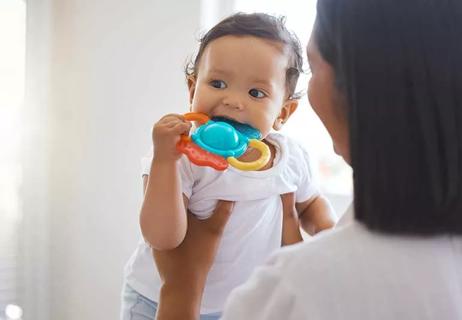
Bath toys with little holes in the bottom are more likely to retain moisture and start to mold
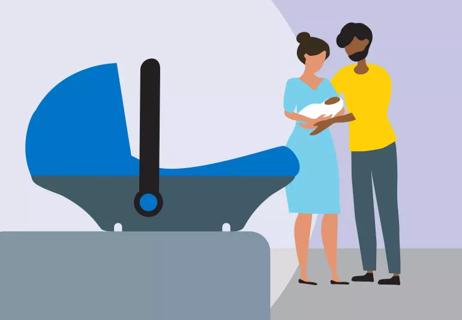
Babies born preterm may need special precautions to ride safely in a car

Keep your child rear-facing as long and possible, and ensure proper fit and installation
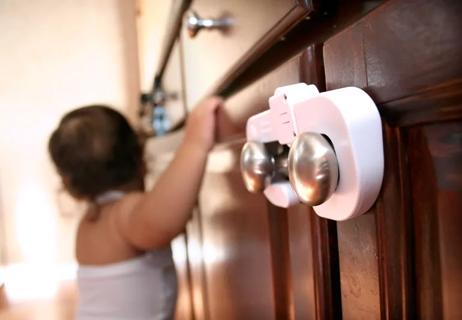
Install cabinet locks, outlet covers and safety gates to keep your child safe
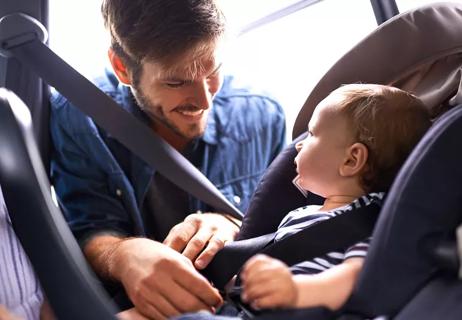
Get the answer along with tips for safe installation
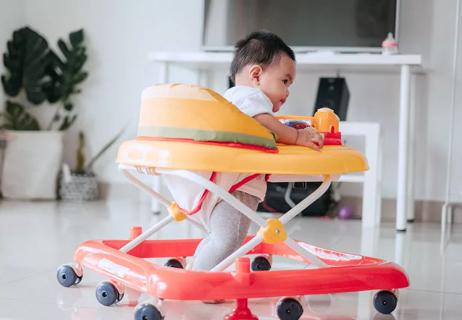
Thousands of head and neck injuries occur every year
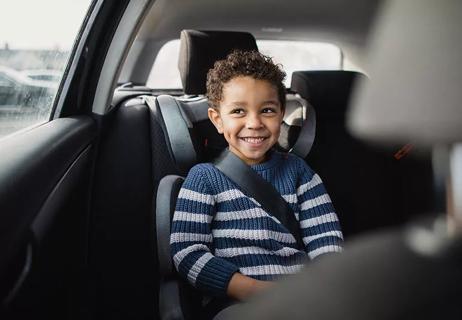
How to know when your child’s ready to face front, switch to a booster seat and more
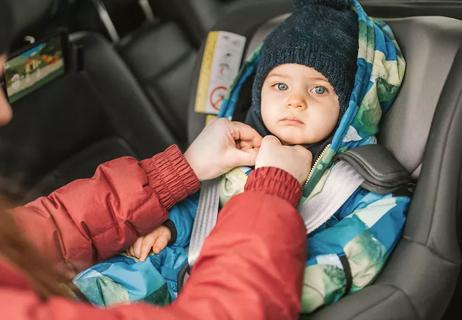
How to keep your little one warm and safe in the car

Even small moments of time outdoors can help reduce stress, boost mood and restore a sense of calm

A correct prescription helps your eyes see clearly — but as natural changes occur, you may need stronger or different eyeglasses

Both are medical emergencies, but they are very distinct events with different causes